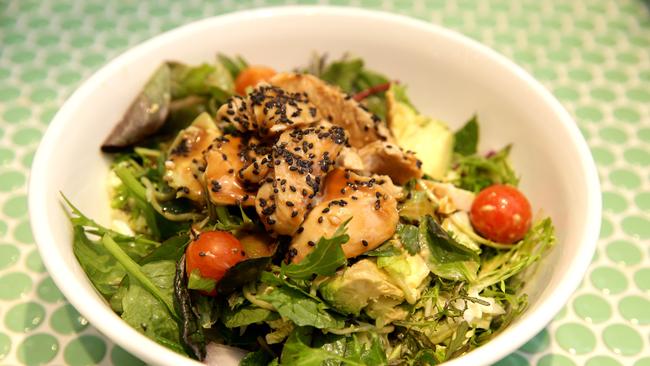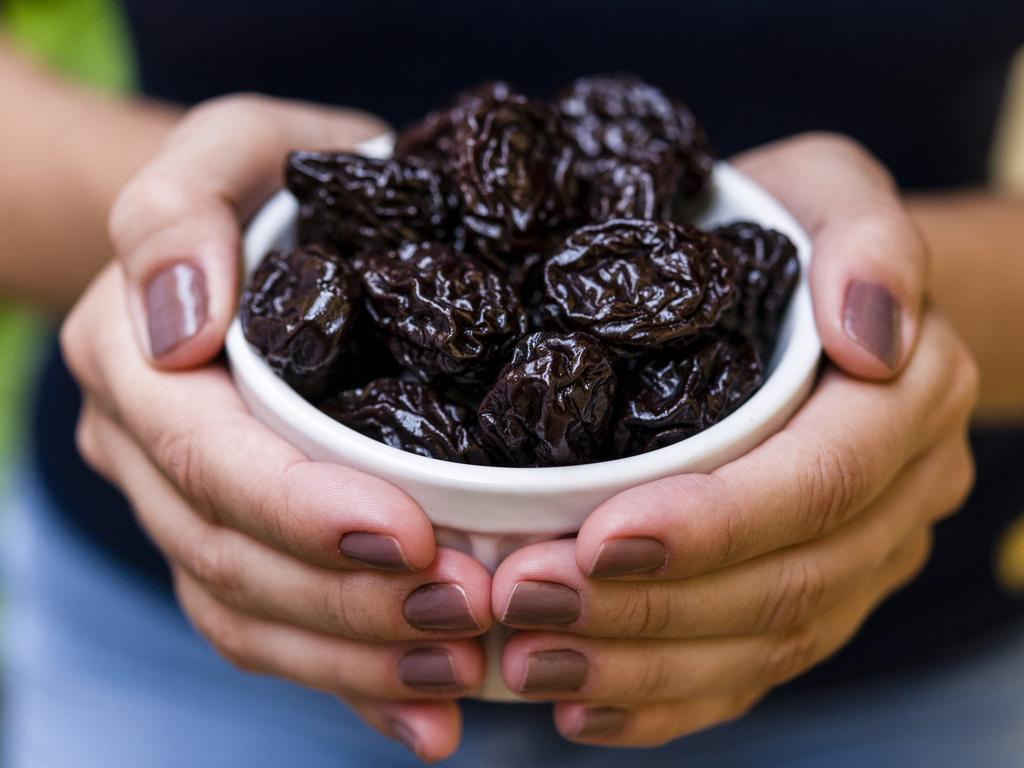The secret to longer life? A diet that benefits body and soil
Want to reduce your risk of premature death? A new Harvard study backs the ‘flexitarian’ planetary health diet that promotes healthy eating and environmental protection.

A diet designed to tackle unhealthy eating and environmental destruction has been linked to a significantly lower risk of premature death, and now backed by Harvard University research just published.
The planetary health diet, published in The Lancet journal five years ago, is designed to lower disease risk and agriculture’s impact on climate change and the natural world.
It is “flexitarian” rather than vegetarian, recommending that fruit and vegetables account for half of what a person eats.
Most of the protein comes from nuts, beans and lentils, with people advised to eat fewer than 50g a day each of eggs, fish, meat and sugar. An average quarter-pound beef burger is 78g when cooked.

In the first large-scale analysis of the diet’s effects on people who stick to it, and on the environment, a team from Harvard found that people who followed it closely had a lower risk of every leading cause of death, including cancer, heart disease and lung disease.
To measure the impact of adopting the diet, the researchers used data relating to 206,000 men and women in the United States from long-running studies that record what people eat. They were all initially free of cancer, diabetes and heart and lung diseases.
How closely their diets matched the planetary health diet was scored based on how much they ate of 15 food groups, including vegetables, poultry and nuts.
The 10 per cent of people who most closely followed the diet had almost a third lower risk of premature death than those in the bottom 10 per cent. They also had a diet with 29 per cent lower greenhouse gas emissions.
The food eaten by strict adherents required 21 per cent lower fertiliser use.
Walter Willett, professor of epidemiology and nutrition at the Harvard TH Chan School of Public Health, said that the findings showed how linked human and planetary health were and that eating healthily “boosts environmental sustainability, which in turn is essential for the health and wellbeing of every person on earth”.
Unhealthy diets are one of the biggest risk factors for heart diseases, diabetes and cancer. Food is also responsible for between 25 per cent and 30 per cent of humanity’s global greenhouse gas emissions.

The planetary health diet does not prescribe individual foods but has guidelines on food groups.
Of the 2500 calories (10,460 kilojoules) a day the diet should provide, more than 800 come from whole grains such as rice and wheat. Almost 300 come from pulses and a similar amount from nuts. The amount from beef, lamb and pork is limited to fewer than 30 calories a day.
Globally, the diet would amount to a substantial shift in what people eat. It would mean more than a doubling in consumption of the healthier food and a cut in red meat of more than 50 per cent.
“Shifting how we eat can help slow the process of climate change,” Professor Willett said. “And what’s healthiest for the planet is also healthiest for humans.”
The Harvard team’s study was published on Monday in the peer-reviewed American Journal of Clinical Nutrition.
The Times






To join the conversation, please log in. Don't have an account? Register
Join the conversation, you are commenting as Logout